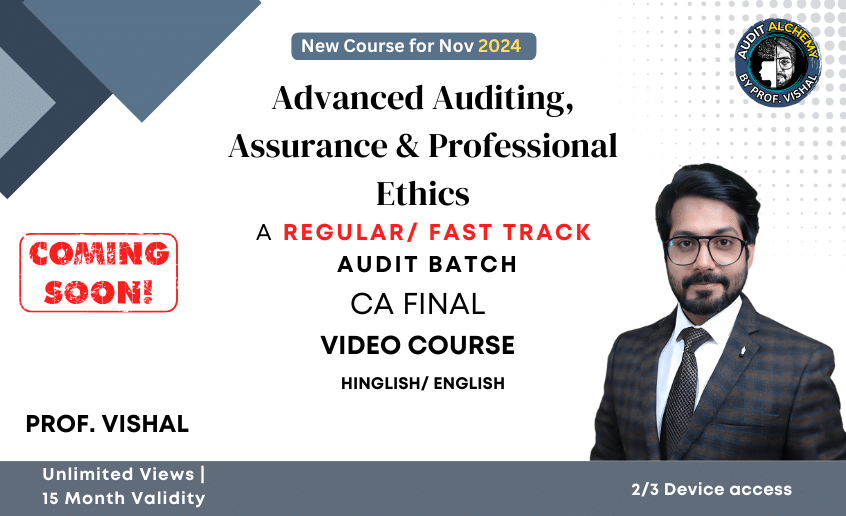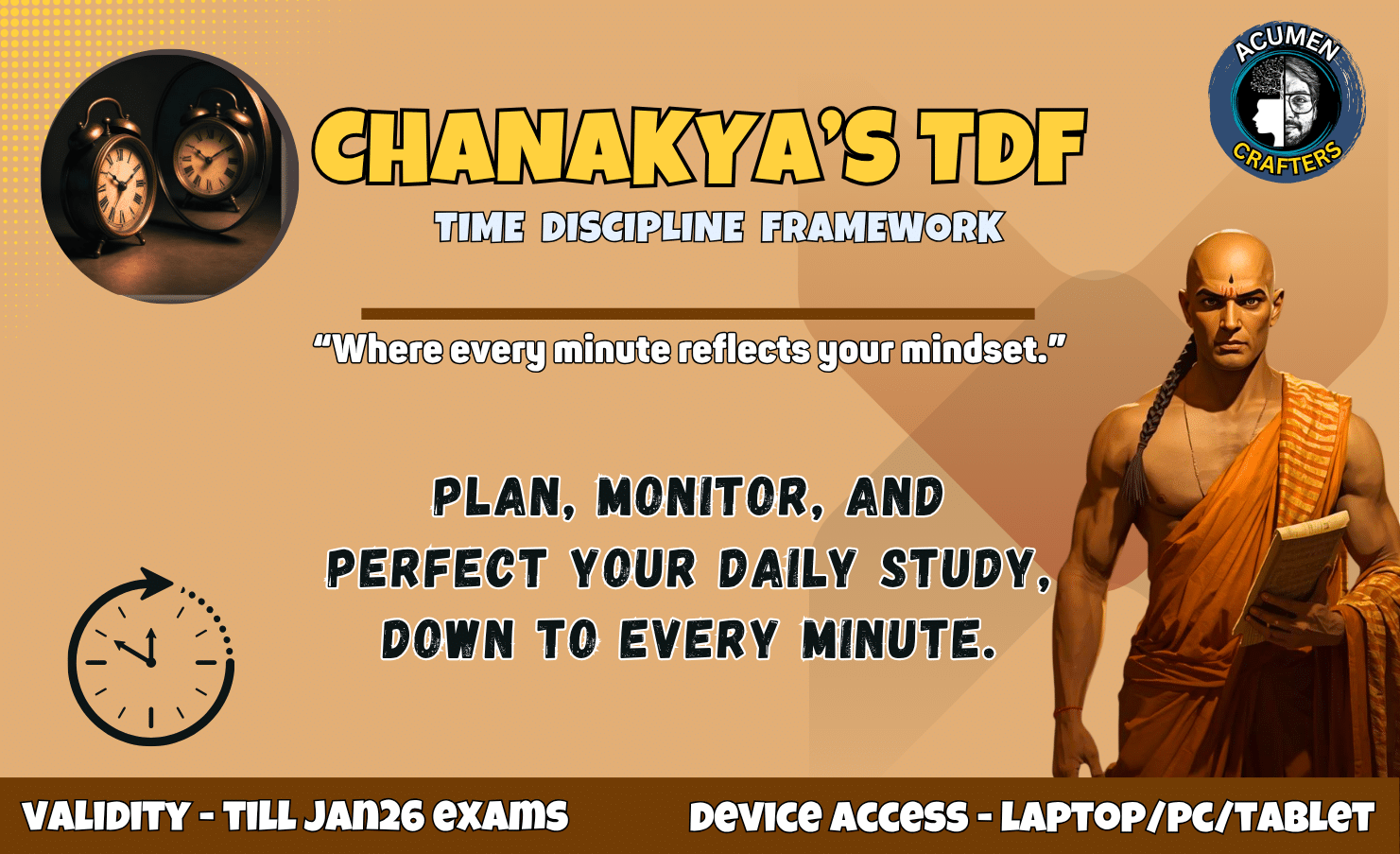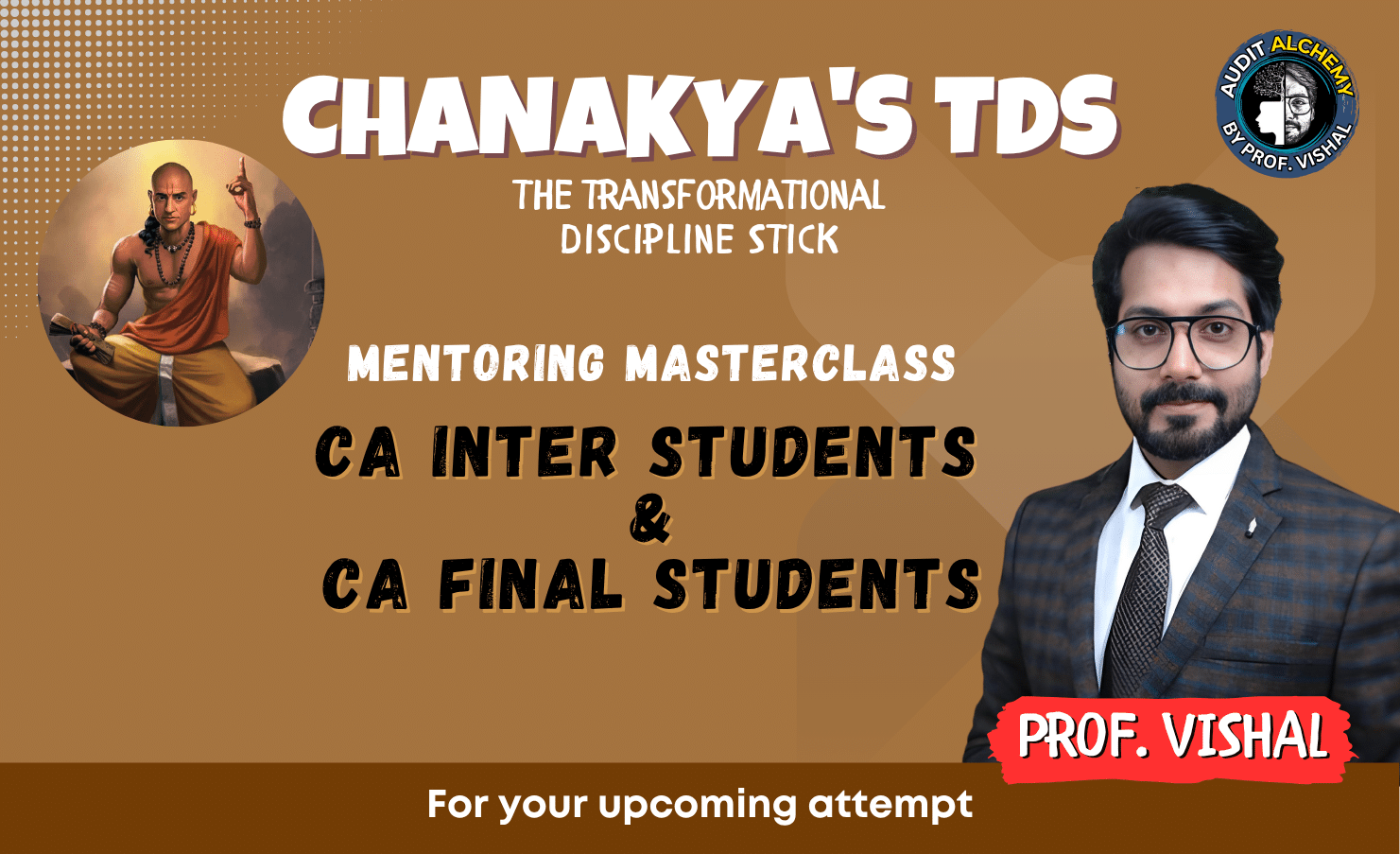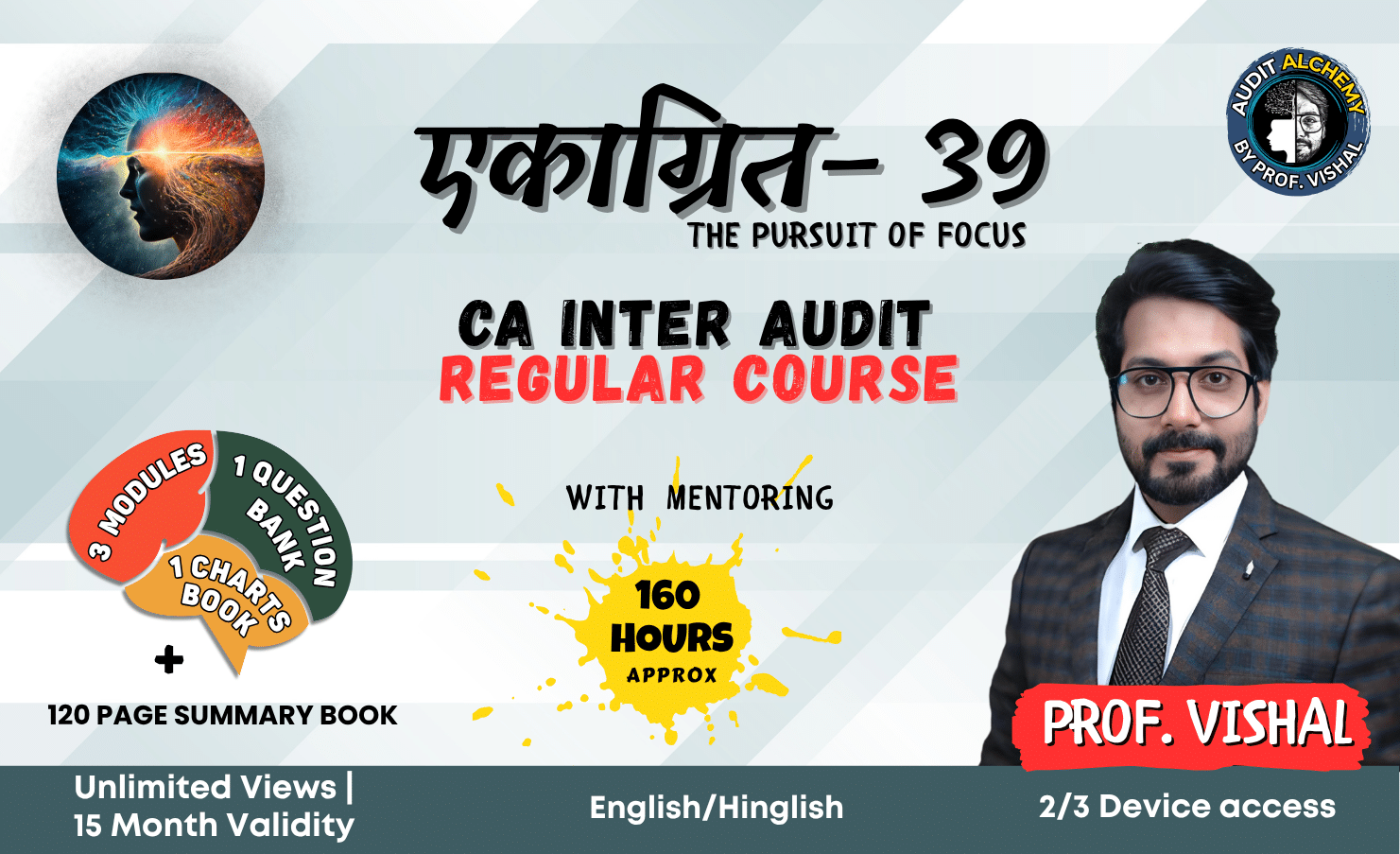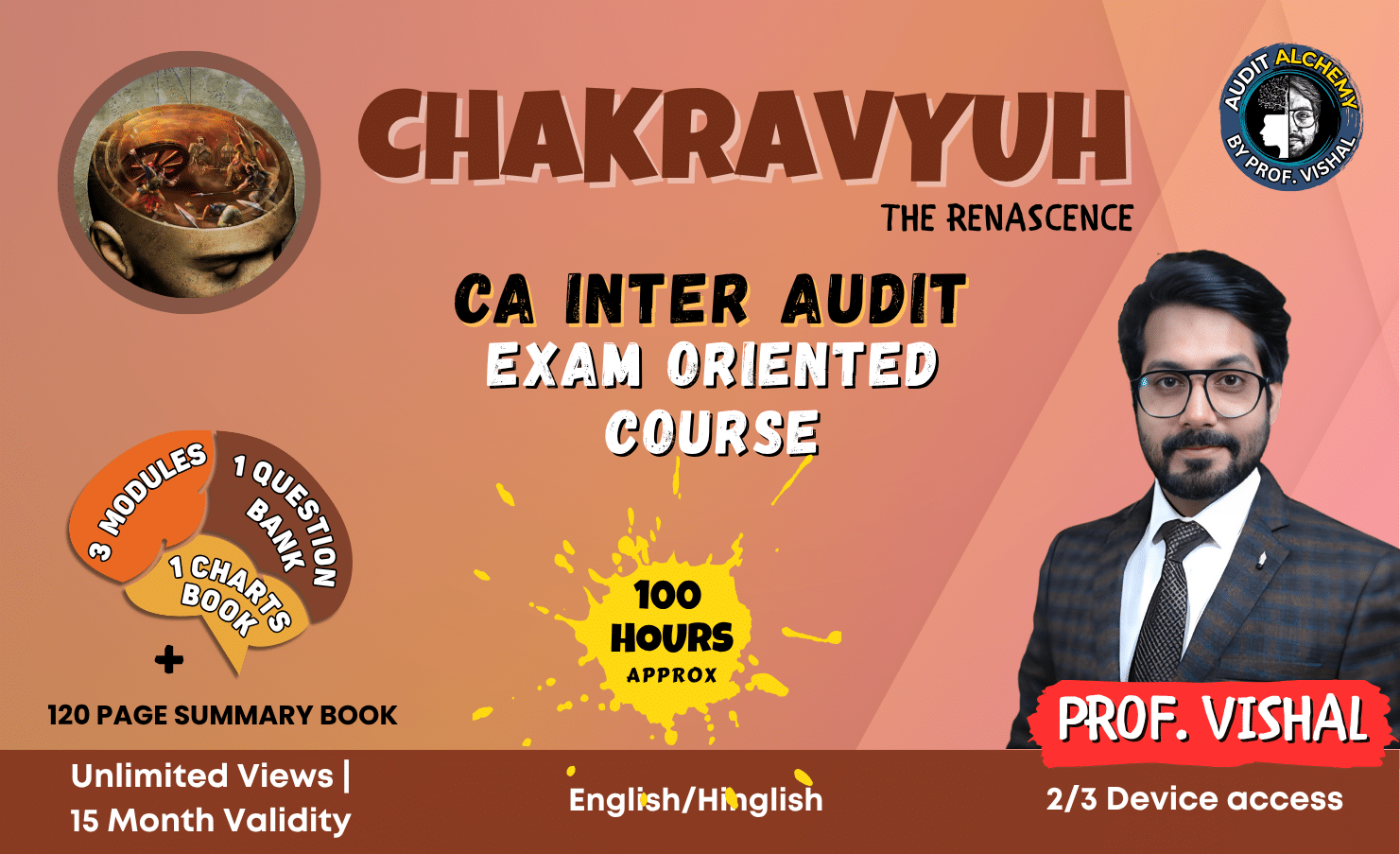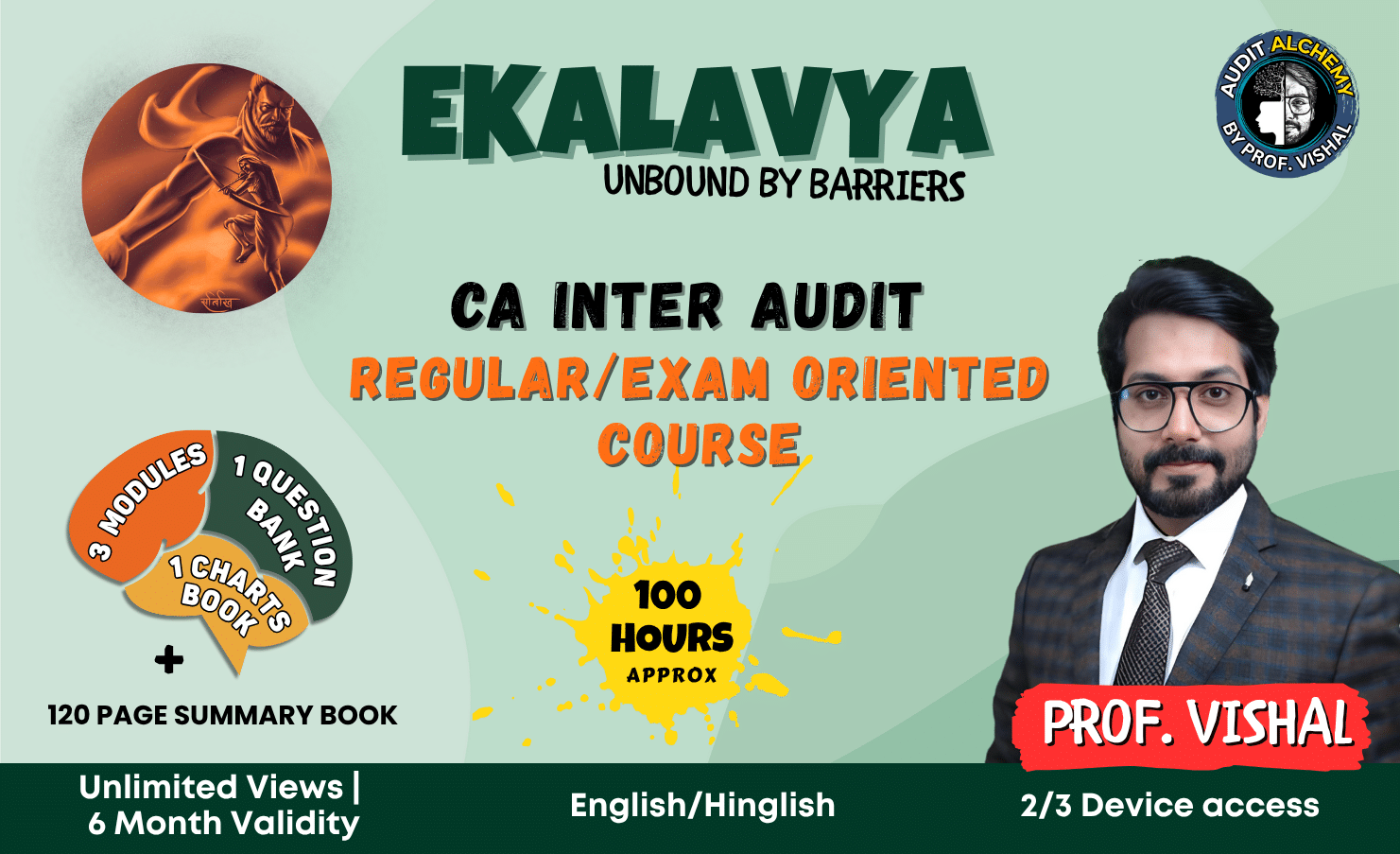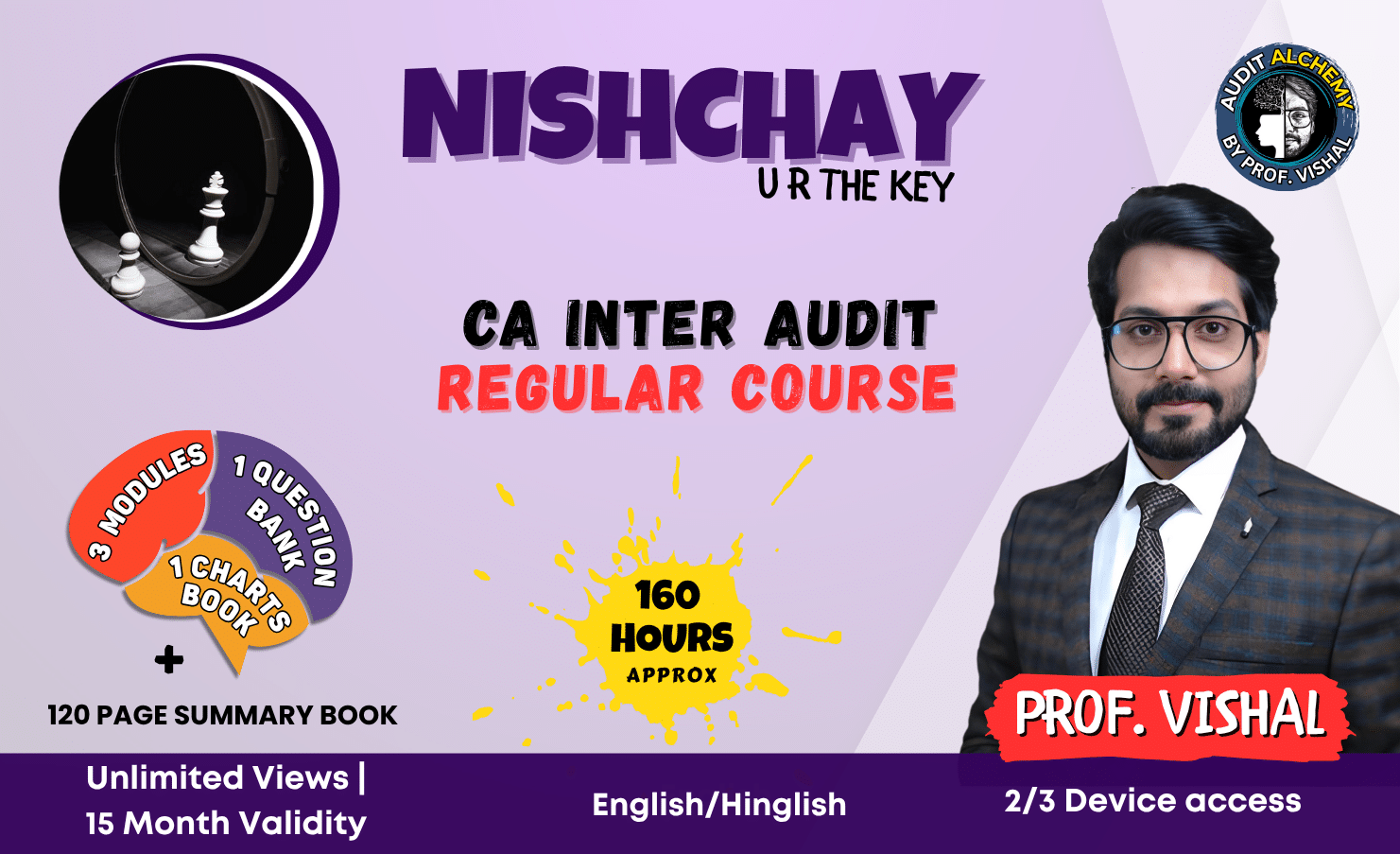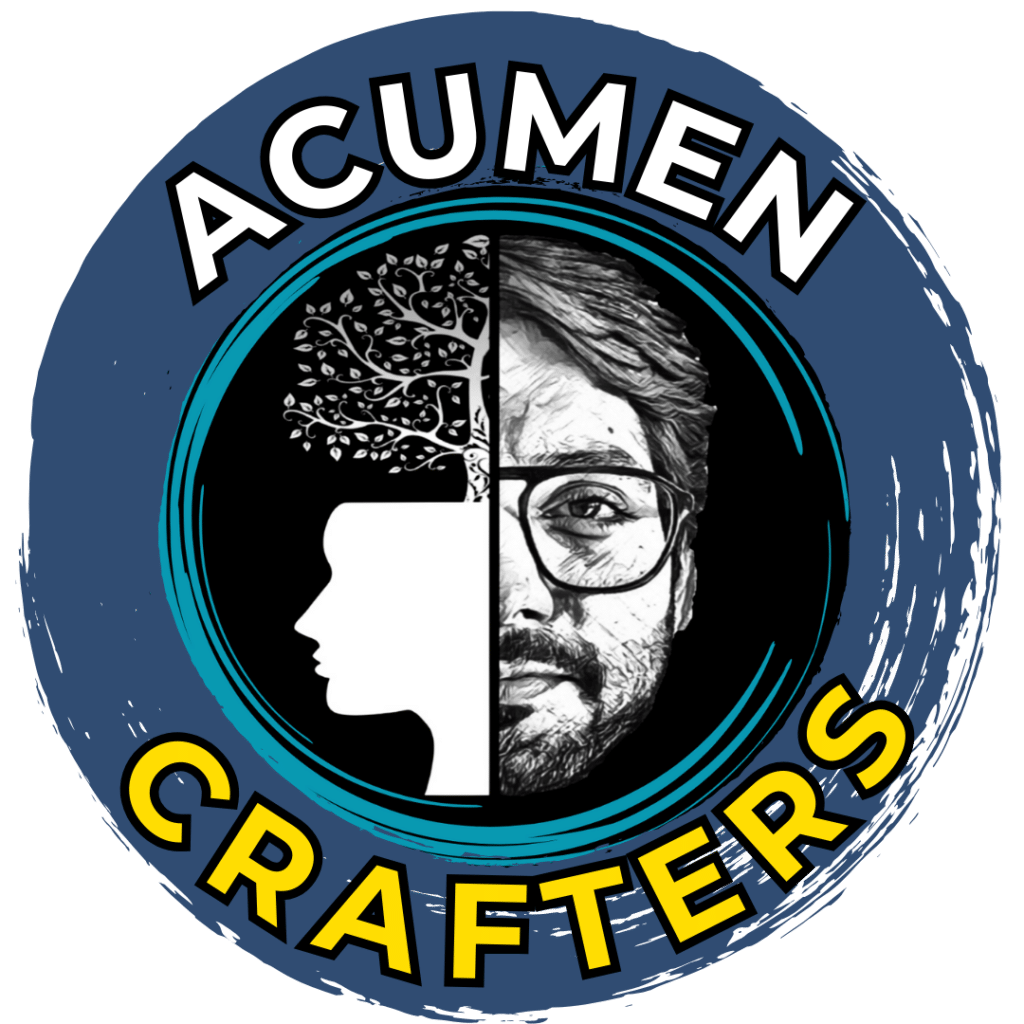In our conversation with Arjun, he underscores the importance of dedication and intrinsic motivation in the preparation for CA exams, or any exams for that matter. He discusses the key factors that aided him in maintaining consistency and determination. Moreover, he eloquently emphasizes the significance of prioritizing mental well-being.
Our warmest congratulations to you, Arjun, for securing AIR-1 from the entire team!
Q. Arjun, would you please share some insights into your background?
Arjun : I am Arjun Mehra, currently pursuing B.Com Hons. at Sri Venkateswara College, University of Delhi. I am in my third year and achieved Rank 1 in the CA Intermediate exams in July 2021. Previously, I secured All India Rank 29 in my CA Foundation Exams in November 2019.
In the realm of academics, that’s about me. Outside of that, in college, I am an active member of the English Dramatic Society. I initiated a CA Club with a few friends from Venky. That encapsulates my extracurricular involvement
.
Q. Arjun, could you share your experience upon discovering that you had secured All India Rank 1 and the emotions that accompanied that realization?
Arjun : The day when the results were expected, I had sleepless nights due to the anticipation. I decided to sleep the entire day and requested my mom to keep my phone and notify me as soon as the results were out, typically around 3:00 p.m. That’s when results are typically released. To my surprise, my mom informed me earlier than expected. She handed me my phone, and I checked my results with trembling hands, an experience I believe many share when checking their results. I observed a “Pass,” which was all I wished to see. The relief was immense, as I couldn’t bear the thought of re-preparing for eight subjects.
My mom began celebrating and shedding tears of joy. Then, I noticed my total score, which I hadn’t previously seen, hovering around 600. It hinted at a possible rank. I checked the merit list and found my name at the top. From that moment until now, it’s been challenging to come to terms with the achievement. Becoming AIR-1 was an aspiration I harbored, but it’s something one rarely anticipates. The feeling is indescribable, worth every ounce of effort and hard work invested.
Q. Did you have an opportunity to speak with the President of ICAI?
Arjun : While I didn’t receive a call from the President, I did receive a call from CCM.
Q. Arjun, it’s widely acknowledged that having a strong support system is vital during exam preparation. Could you tell us about your support network during this period?
Arjun : I credit myself for clearing the inter exams, but the entire credit for securing a rank, particularly AIR 1, goes to my mom. Without her support, I might still have passed the exams, but anything beyond that is entirely her contribution. She played a central role in selecting the right teachers and remained a constant pillar of strength. I would wake up at 3 in the morning, battling anxiety attacks, and turn to her at 4:00 a.m. without hesitation. Not once did she complain about these late-night conversations; she was always there. I essentially distanced myself from the world during CA exam preparations, but she was the one constant I communicated with throughout the day. Having that one person, whether it’s a parent, as in my case, or a close friend, is invaluable.
Q. Discussing preferences in subjects, we all have our favourites and those we find challenging. Could you share which subject posed the most significant challenge for you and how you managed to overcome it?
Arjun : I didn’t have a particular subject I disliked; I genuinely enjoyed studying all of them. However, I have always found theory subjects to be more demanding. I would need to invest five times more effort into theory compared to practical subjects. Initially, I faced challenges in Law, primarily because it was entirely new. Surprisingly, even though Audit was my favorite subject overall, it also instilled the most fear in me for some inexplicable reason. In practicals, Financial Management (FM) presented a bit of a challenge. The key here is that there’s no shortcut to success; you have to work hard and face your weaknesses head-on. Different strategies can be employed, such as using mnemonics, creating charts, and employing sticky notes for theory subjects. But there’s no alternative to hard work. I completed around 40 full syllabus papers before my final exams, which significantly helped in both strong and weak subjects. It’s not a one-size-fits-all approach; you must tailor your study techniques.
Q. You mentioned that you used to wake up at 3 a.m. and start your studies at 4 a.m. Could you provide insight into your overall study schedule, both one month before the exams and six months prior?
Arjun : Certainly, I’ve been asked frequently about the number of study hours I invested. The truth is, there’s no one-size-fits-all answer. I would start at 4 a.m. and study until 8 p.m., but that doesn’t mean I was studying continuously. I would dedicate 25 minutes to study and then take a 5-minute break. In that 5-minute break, I would change my location, stretch, get some fresh air, or talk to my mom. Then, I would go back to studying for another 25 minutes. This cycle continued for 3 hours. After that, I would take a longer break of 30-45 minutes, during which I would go for a walk. I would resume this cycle and have my lunch. The evenings were devoted to revision, and I ensured I had a fixed time to go to bed. This schedule enabled me to invest around 14-15 hours daily, which is sufficient for exam preparation.
Arjun : Approximately one month before the exams, my schedule changed. I began waking up at 2 a.m. I had a daily routine for every subject. From 2 a.m. to 5 a.m., I dedicated time to a particular subject. I would then take a break for a while and continue the same routine with another subject from 6 a.m. to 9 a.m. The evening was reserved for revision. This intense study schedule helped me during the last month. However, I always maintained a gap of one day per week to avoid burnout and rejuvenate.
Q. You highlighted the importance of setting targets during preparation. Could you elaborate on this and offer advice to CA aspirants about setting goals and managing their time effectively?
Arjun : In CA, setting targets is indispensable. I believe many students merely aim to pass. While that’s crucial, it’s equally vital to set your goal higher. By having a specific target, even if it’s a rank, your approach becomes different. You strive for excellence. When your goal is only to pass, you aim for a score of 40, and that’s it. But if you’re aiming for a rank, your target score becomes much higher. Even if you don’t reach the rank, your score will be significantly better than if you had aimed for the passing mark. The study process becomes more enjoyable and competitive. Also, setting weekly targets is essential, as they lead to your monthly targets and, ultimately, to your ultimate goal.
As for managing time effectively, I believe in the principle that you can always take out time for things you prioritize. Time management isn’t about having the maximum number of hours; it’s about utilizing the available hours to the fullest. Set a daily routine and stick to it. It’s also essential to allocate time for breaks. The Pomodoro technique, which involves studying for 25 minutes and taking a 5-minute break, is highly effective. This ensures you don’t tire quickly and can maintain focus.
Q. You relied primarily on the study materials provided by your faculties and the ICAI study material. How did you go about choosing your study materials, and do you believe third-party study materials can be beneficial?
Arjun : I was cautious in selecting my study materials. I believe in sticking to a single set of materials, especially the institute’s study material. Most students gather an array of books, but I feel that leads to confusion. CA exams are highly unpredictable. You don’t know which questions will appear. However, it’s a fact that around 70-80% of questions are directly derived from the institute’s study material. My study materials included my coaching class’s notes, the ICAI study material, and practice manuals. I didn’t refer to third-party materials. This helped me gain a comprehensive understanding of the subjects.
Q. Arjun, you’ve achieved excellent answer presentation skills, which are crucial in CA exams. Could you share some tips on how to present answers effectively, both in practical and theory subjects?
Arjun : Effective answer presentation is vital. It can make the difference between securing a rank or not. In practical subjects, such as accounts and costing, start each answer on a fresh page. This ensures your answers are organized and easy to follow. Use pencils and a scale to draw tables neatly. Your handwriting should be legible. Make sure your working notes and calculations are neatly presented.
Arjun : In theory subjects, the presentation can vary, but it should be neat and organized. Start each answer on a new page if possible, but if there are multiple short questions, you can answer them on the same page. Use bullet points, headings, and subheadings to structure your answers. Write neatly and legibly. Practice is key; solving past papers and mock tests can help you improve your presentation skills.
Q. Arjun, you experienced a period of uncertainty due to the PIL, which was a challenging time for CA aspirants. How did you cope with this uncertainty, and what advice do you have for students who may face similar situations in the future?
Arjun : The PIL and the uncertainty surrounding CA exams were undoubtedly challenging. During such times, it’s essential to avoid external distractions. Keep your focus on your preparation. Avoid dwelling on negative news or rumours, which can add unnecessary stress. The best approach is to continue your preparation as if the exams are happening. Stay updated with official notifications, but don’t let uncertainty affect your focus. Maintain a positive outlook, and remember that everyone is facing the same situation. Stay determined, and your hard work will pay off.
Q. Maintaining mental health during the rigorous CA exam preparation is crucial. What strategies did you employ to ensure your mental well-being was prioritized?
Arjun : Mental health is of paramount importance, and it should be a priority during your CA exam preparation. It’s easy to get overwhelmed, but it’s equally essential to take breaks when needed. If you’re feeling stressed or anxious, it’s perfectly fine to take a break and relax. Talk to someone close to you, whether it’s a family member or a friend. Sometimes, sharing your concerns and feelings can alleviate the stress.
Positive coping mechanisms are also essential. Engage in activities that help you relax and destress. For me, going for a walk or listening to music was a way to unwind. Find what works for you and incorporate it into your daily routine. It’s crucial to maintain a work-life balance, even during intense exam preparation. Your mental well-being directly impacts your performance, so taking care of yourself is not a luxury but a necessity.
Q. Arjun, what are your future plans after securing AIR-1 in CA Intermediate? Are there specific areas you would like to specialize in during your articleship?
Arjun : My future plans involve starting my articleship in May next year. I am inclined towards the Big Four firms for my articleship. However, I’m keeping my options open. I believe there’s value in experiencing different aspects of the profession. So, I might explore other opportunities as well. Meanwhile, I am actively involved in college activities. I initiated a CA Club at Sri Venkateswara College, which I intend to nurture and expand. I am also part of the English Dramatic Society and will continue to engage in various activities.
Q. Are there any additional courses or skills you plan to acquire alongside your articleship and CA journey?
Arjun : Certainly, I plan to pursue additional skill courses alongside my articleship. These courses will depend on my interests and the opportunities that arise. Courses related to finance, taxation, and other areas that complement my CA education are on my radar. Continuous learning and skill development are essential in the dynamic field of chartered accountancy.
Finally, Arjun, what would be your closing words of advice to CA aspirants who are looking up to your achievements and seeking guidance for their journey?
My closing advice to CA aspirants is to focus on the ICAI study material. It’s your primary source for exam preparation




